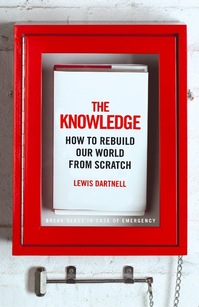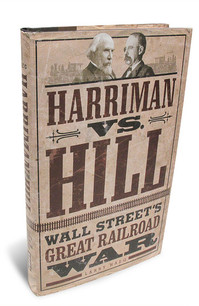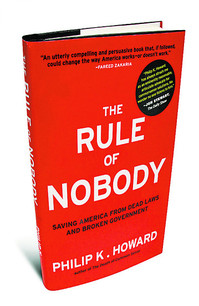(p. A9) The claim that large, profit-driven firms are harmful to society has a venerable history in the United States. Perhaps no company was ever more vilified for its bigness than the Great Atlantic and Pacific Tea Co., which from 1920 to the 1960s was the largest retailer in the world. From the 1910s to the 1950s, as it cut out wholesalers and demanded volume discounts from food manufacturers, A&P was criticized for destroying the local merchants that formed the backbone of small-town America and the satisfying jobs they provided. Federal and state governments tried to cripple its business by prohibiting discounting; the Justice Department even won an antitrust case claiming that the company was selling food too cheaply. The fact that A&P’s economies of scope and scale saved shoppers 15% or 20% on groceries didn’t get much respect, just as Ms. Heffernan doesn’t much value the role that big businesses play in lowering costs today.
Yes, competition drives many companies to act in socially harmful ways, and competition within firms can get in the way of collaboration. But the fact that competition can be dysfunctional does not mean that scope and scale are economists’ fictions. Size does matter, and competition, while no panacea, does force people to find better ways of doing business.
For the full commentary, see:
MARC LEVINSON. “BOOKSHELF; When Size Does Matter; We glorify the local, but smallness didn’t stop the country’s savings and loans from needing a federal bailout in the 1980s.” The Wall Street Journal (Fri., April 18, 2014): A9.
(Note: the online version of the commentary has the date April 17, 2014, and has the title “BOOKSHELF; Book Review: ‘A Bigger Prize’ by Margaret Heffernan; We glorify the local, but smallness didn’t stop the country’s savings and loans from needing a federal bailout in the 1980s.”)
Levinson’s own book (not the one he is reviewing in the passages quoted above), is:
Levinson, Marc. The Great A&P and the Struggle for Small Business in America. New York: Hill and Wang, 2011.





